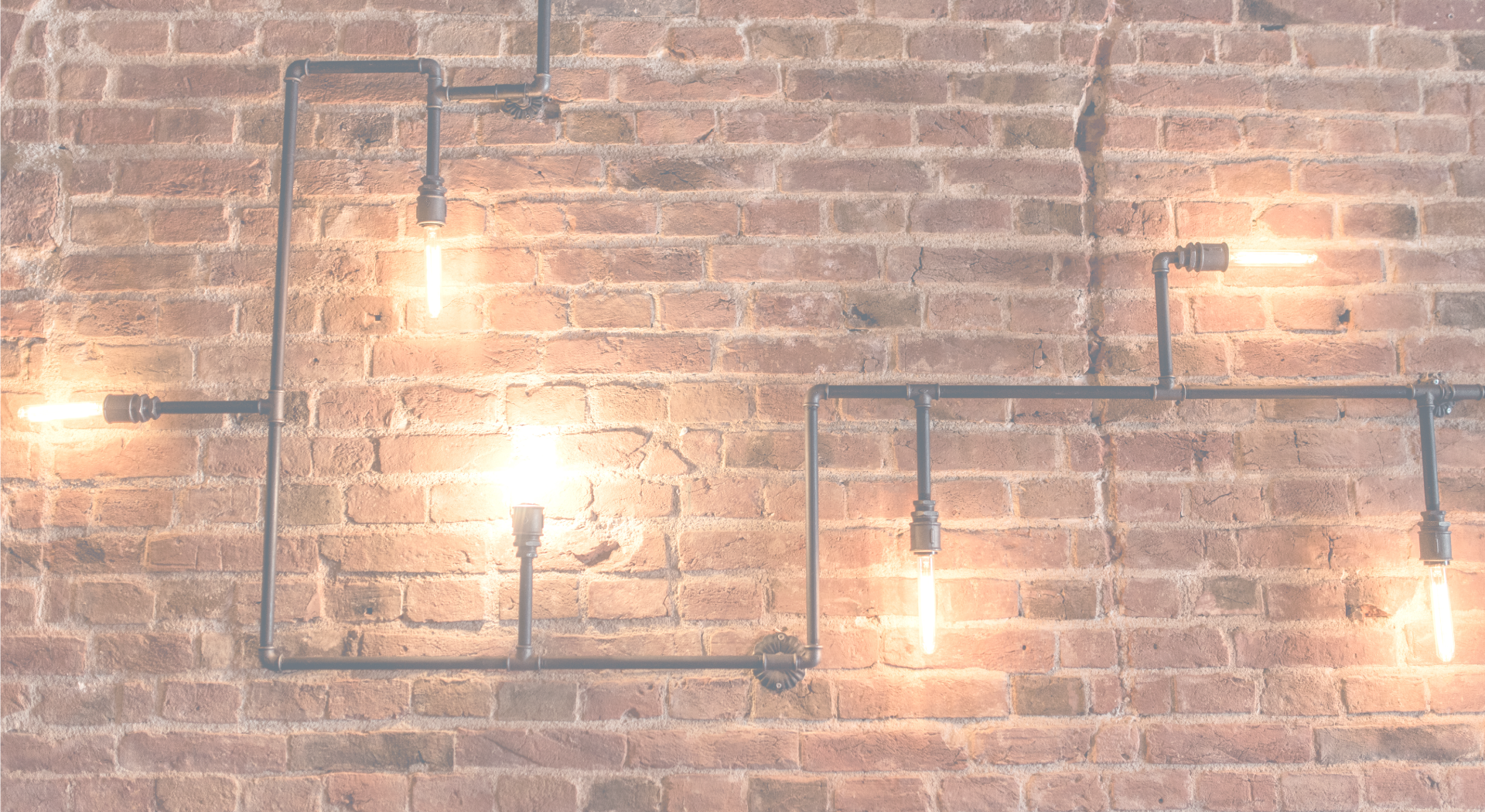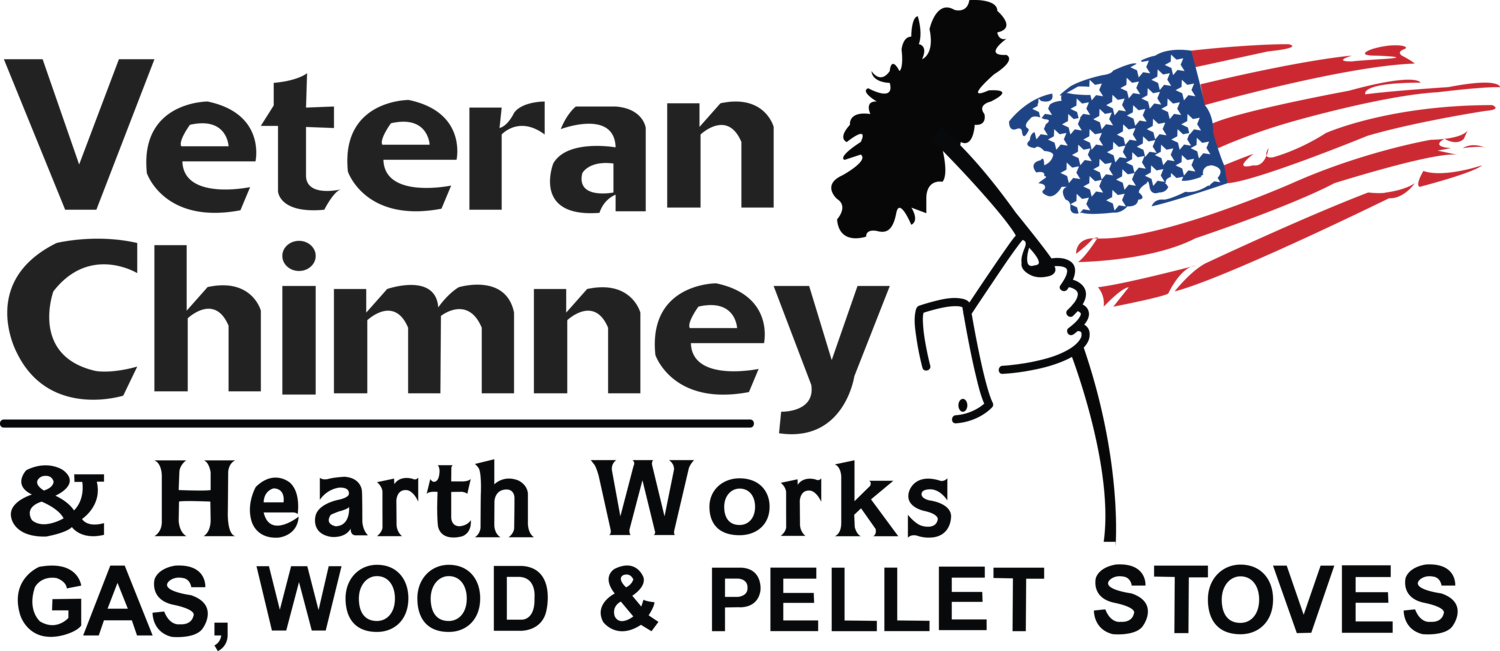FAQs
How often should I get my chimney cleaned?
The National Fire Protection Agency NFPA recommends a yearly inspection and cleaning and repairs done as necessary. Free standing wood stoves or fire place inserts used to heat the home should be inspected and cleaned every year (if used throughout the year). Regular open fireplaces need to be maintained and cleaned on a consistent basis as well. Usually a cleaning is needed for every cord or two of wood burned or at least 2-3 years.
What is the purpose of a chimney liner?
Most masonry chimneys are made of brick or cement block on the exterior, then have another liner on the inside. The purpose of an inner liner is to keep the heat of flue gases inside the chimney, so not to overheat the nearby combustibles (e.g. framing and walls of your home) that could potentially cause a fire. The liner is also crucial for keeping carbon monoxide, moisture, smoke, creosote, and other products of combustion from seeping through the bricks and mortar of your chimney and leaking into your home.
Do all chimneys have liners?
No. Some chimneys built before 1940 most likely were not built with inner liners. They were brick, stone, or cement block with nothing else inside. Chimneys constructed after that, were most likely built with an inner liner of clay flue tiles. The tiles, approximately 2-3 feet in length, are stacked and sealed together with mortar. This is indeed safer than no liner, but be aware that over time, the mortar joints between the tiles can break down or the tiles can crack. If this sounds like your chimney, it may be time to have your chimney lined or re-lined.
Our Hybrid and Armor Flex stainless steel liner is a great solution for your home that comes with a Lifetime Warranty. It meets all the criteria for chimney safety as indicated by the National Fire Protection Agency (NFPA) code 211.
What is a chimney crown and why should I get it repaired?
Your chimney crown is the area that is around the top of the chimney. Not the chimney cap, that is an attachment that is added to the top of the flue pipe. The chimney crown tops off the masonry walls of the chimney, usually with a wider masonry or cement area. This solid covering stops moisture from filtering down through your brick or stone work in your chimney. It also protects the mortar that holds everything together.
Since we live in New England, a crown will ensure that damage from weather (snow, sleet, rain, or ice) is able to get inside of the chimney walls.
Why do I need a chimney cap?
The reason why you need a chimney cap is to prevent water from entering your chimney and causing hundreds of dollars in water damage to your chimney. Also chimney caps prevent any sparks from escaping your chimney and possibly catching your roof or any other combustible material in close proximity on fire. It also prevents critters from entering your chimney and calling it home (critters like: birds, bees, squirrels and bats).
What is creosote and how does it form?
Creosote is a flammable tar like substance. Much like how glass is created by melting sand, creosote is formed the same way by glazing over many years of un-burnt wood residue (soot). The smell of creosote is very subtle to those who have it in there house but others will notice. Creosote smells like a barbecue gone very wrong. Not only is creosote extremely flammable but also poses a very dangerous health risk. Prolonged periods of exposure to creosote can cause severe health problems. Some symptoms include severe headaches, breathing problems, nausea, flu like symptoms, etc. If you notice that you have these symptoms in your house but not anywhere else then you may have creosote in your chimney. Contact a chimney professional to determine if you have creosote.
Why choose Veteran Chimney?
Our goal is to change the industry for chimney service. With dedicated commitment to our customers we provide pictures of your chimney system, knowledge of how it works and heating solutions to cut down the oil or gas bill. Everyone is entitled to shop around for pricing and service, If you do so please ask the others if they are Insured, Provide pictures of a clean and safe chimney flue and load them up with questions. We have saved a lot of people from the competitor who says, “Your chimney is cracked and needs to be relined”, costing them thousands they never needed to spend. At Veteran Chimney we DO NOT do unnecessary work.

